The global health community faces a deepening challenge — not only from infectious diseases but also
from a pandemic of misinformation, argues VCP founder, Heidi J. Larson.


The global health community faces a deepening challenge — not only from infectious diseases but also
from a pandemic of misinformation, argues VCP founder, Heidi J. Larson.

This study aimed to identify drivers of HPV vaccine hesitancy and effective public health interventions to increase HPV vaccination rates in two U.S. states (New York and Florida). The findings provide insights into the impact of demographics, state policies, and vaccine confidence on HPV vaccination.

Influenza vaccination coverage in South Africa is less than 3% among the general adult population. We explored factors associated with influenza vaccine uptake using the World Health Organization’s Strategic Advisory Group on Immunization (SAGE) 3C (confidence, complacency, convenience) model of vaccine hesitancy.

A new 70-country survey by The Global Listening Project, the VCP’s sister initiative, reveals that while people are demanding better healthcare and more information, trust in vaccines and institutions has declined in 9 out of 10 countries. Professor Heidi Larson speaks to Vaccines Today about the legacy of the COVID-19 pandemic on vaccine uptake.

Evidence shows that science and scientists remain highly trusted. But genuine scientific voices are not shouting loud enough over the noise to hold sway.
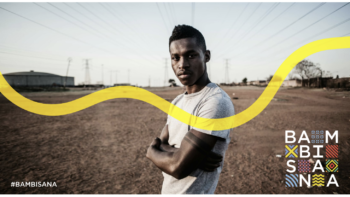
This study used a mixed-methods pre-test-post-test intervention design to test the effectiveness of tailored, context-specific education and community engagement – including community and social media – to increase influenza vaccination uptake in Soweto, South Africa.
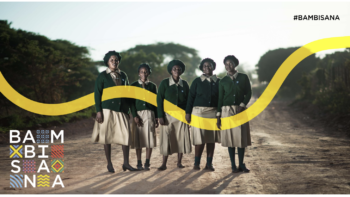
We partnered with Wits Vida, the Vaccine Confidence Fund, and PHRU to study how much, if at all, social media and community influencers can influence and increase uptake of influenza vaccines.
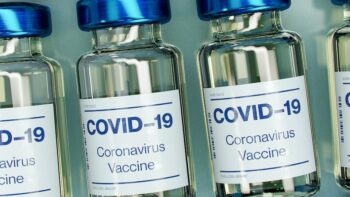
Watch part one of the Global Health Cast’s new series on COVID-19, presented by Prof. Joe Schmitt, Prof. Catherine Weil-Olivier, and the VCP’s very own Dr Emilie Karafillakis.
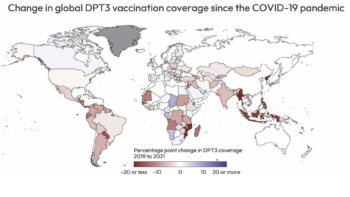
This article reflects on recent research examining the levels and trends of vaccine confidence over time and across the globe, the drivers influencing confidence, and the role of the COVID-19 pandemic in shaping confidence today.
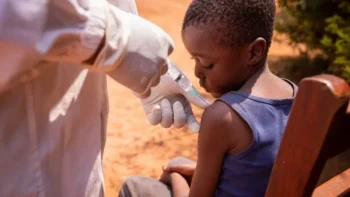
The VCP – Africa CDC study suggests there could be reasons for this reduction other than the disruption of vaccination programmes during the pandemic.
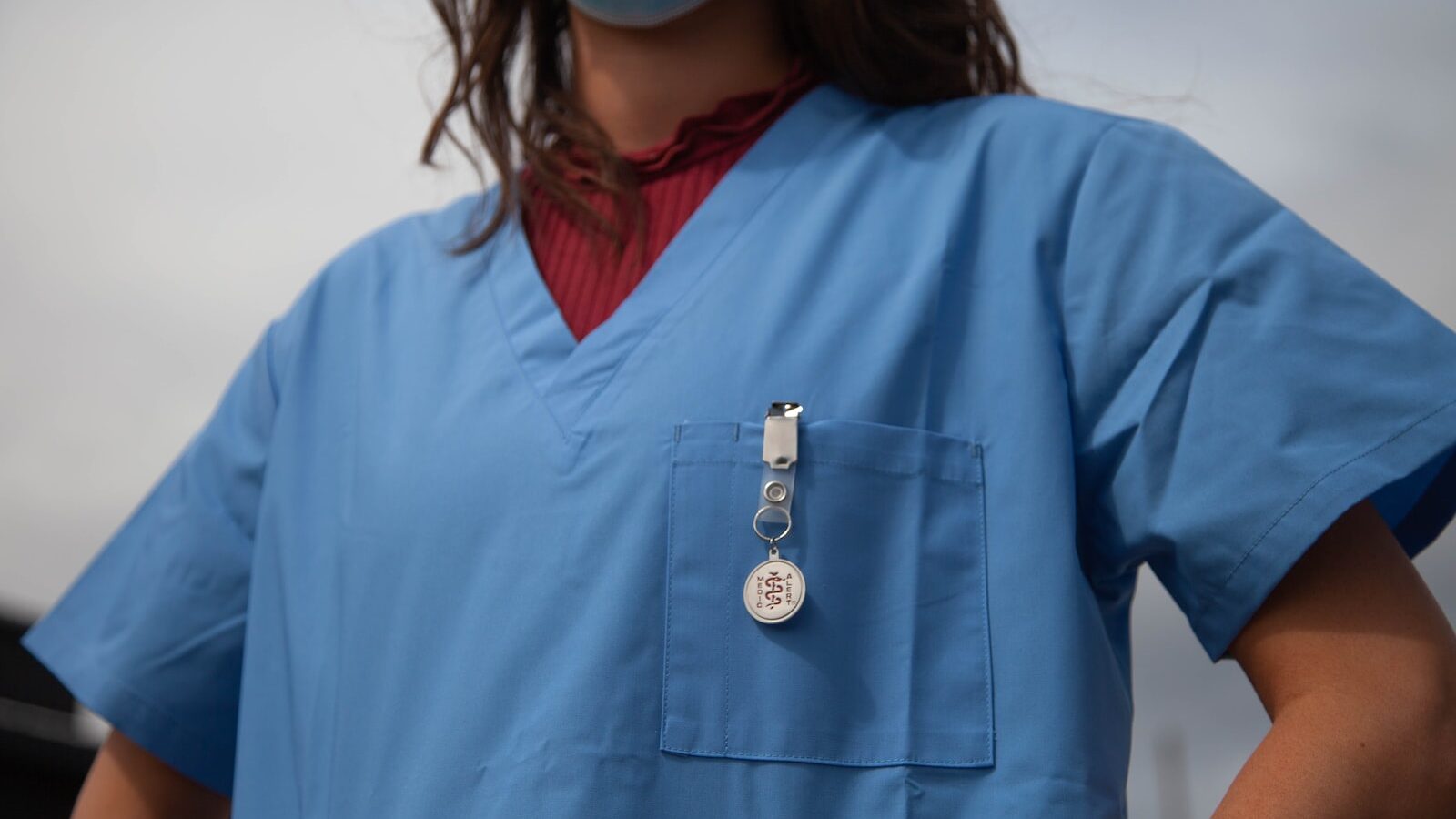
Polarized debates about COVID-19 vaccination and vaccine mandates for healthcare workers (HCWs) challenge Belgian HCWs ability to discuss Covid-19 vaccine sentiments with peers and patients.
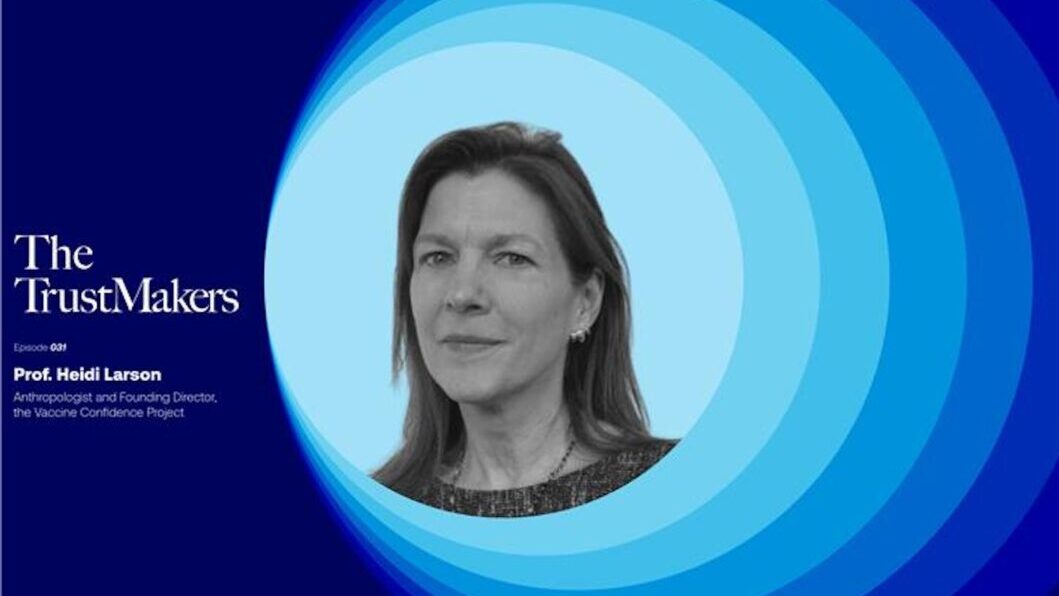
Professor Heidi Larson joins the Edelman Trust Institute’s Justin Blake for the final instalment of our Davos series.